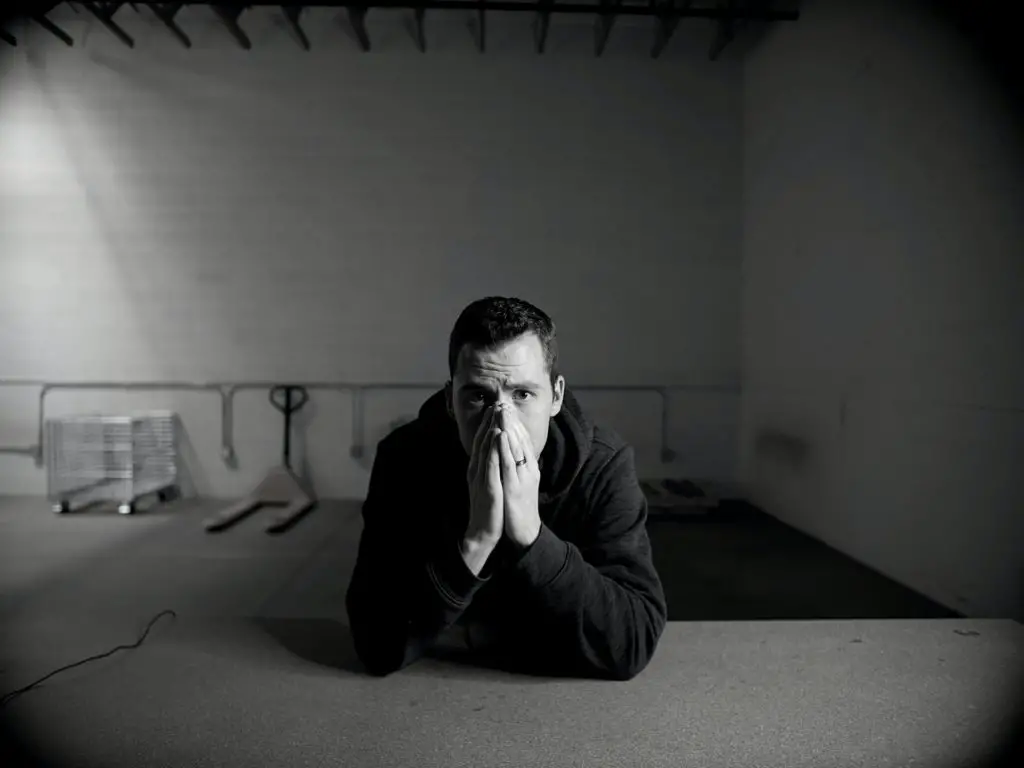
Introduction
According to research, five out of every ten students want to know how they will perform in their academics right from the first day of school. Some students worry too much about what grade they will score on a test or examination, and some worry about their graduation grades. This anxiousness has made many students lose focus. They become frustrated when they think they are missing their target grades.So we will see how does anxiety affect students academic performance in this article.
What is anxiety?
When you feel or worry that something bad is going to happen, it is called anxiety. It is also a worry or fear about something. Anxious students worry about their academics and have a feeling that they fail a course or not be able to meet up with the requirement for graduation. This makes them uninterested in academic discussion.
Although a number of psychological experiments over the years have proved that somewhat small levels of anxiety help the students to improve their performances, students often tend to worry more than they need to. This leads to all kinds of problems for the students involved and in their learning process.
Ways Anxiety Affects Students Academic Performance.
There are many ways that anxiety affect the academic performance of students.
- Affects academic credibility: One way anxiety affects students’ academic performance is the ability not to remember as many things as we teach them in class. This is because they occupied their minds with worries and fears about the outcome of their studies.
Their intellectual quotient will reduce and cause them to perform poorly in their tests or exams. They may think that a particular course is too difficult for them. Instead of focusing on how to understand and pass that course, they are worried about failing the course, which makes taking the right information about the course to become difficult.
- Affects punctuality of students: Again, anxiety can make a student not submit an assignment at the right time. This is because they feel what they have written or worked on does not reach the teacher’s expectations, and this negatively affects their grades.
- Leads to low self-esteem: Anxiety also leads to low-self esteem in students. Students who get to feel that the most intelligent in the class are better than they become anxious and do not trust their effort. They spoke negatively about themselves and their academics and always avoided being around the intellectuals in academic gatherings and classroom discussions.
- Students tend to lose focus: Another way anxiety affects students’ academic performance is to make them lose focus. For you to be successful in your academics, you need to be focused. But when you become anxious about it, you will lose focus on becoming successful. You no longer have an interest in the process but become worried if you will succeed at all.
Reasons for Students’ Anxiety
There are many reasons students become anxious, which further affects their academic performance.
- Lack of sleep by students can cause them to be anxious. Some students must have done so much work in a particular semester, making them do their academic work under pressure, and not having enough sleep to relax their nerves. They become easily tired and stressed.
- New environment: when students moved from one environment to another through relocation or transfer, they become anxious about what the new environment holds for them and worried if they will succeed despite the environment and its challenges
- Lack of support system: a student who does not have financial or moral support from families is anxious about their survival, which will affect their academic performance.
- Fear of the future and immaturity also cause anxiety in students. A student who fears or worries about the future, worrying if they will be better or excel, faces anxiety. Especially students who are not mature enough to be in college.
Some Ways to Avoid Anxiety
- Build self-confidence: students should build their selves confidence by challenging and encouraging themselves to be better. Teachers can also encourage student effort to build their confidence.
- Teachers should be ready to listen to students’ fears and empathize with them.
- Encourage students to practice mindfulness, rest, and exercise. We should encourage students to eat well and take a break when they feel exhausted.
Conclusion
Anxiety affects student academic performance in different ways, like fears, uncertainty, and change in the environment. They become worried about their survival and success in their new environment instead of studying the environment. They lose focus on becoming who they want to be and focus more on what they want to be. All these affect their performance in school and we can avoid them when they are encouraged to practice mindfulness, rest, and self-confidence. The positives in the scenario are quite easily overwhelmed by the negatives.
Frequently Asked Questions
Can anxiety lead to depression?
Depression does not begin in a day; anxiety is a tool for depression.

